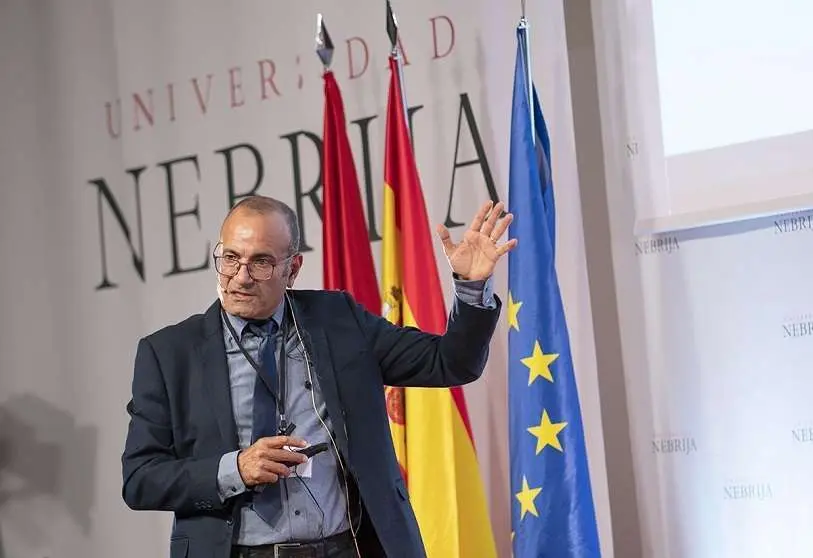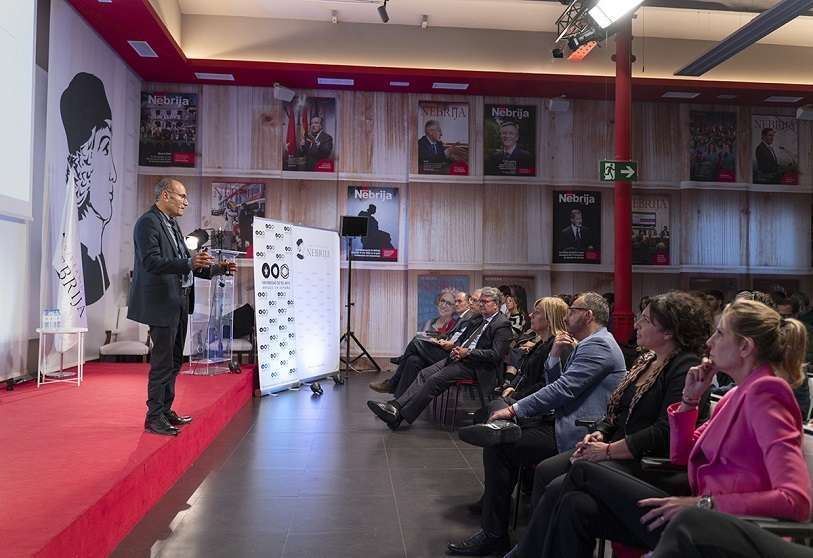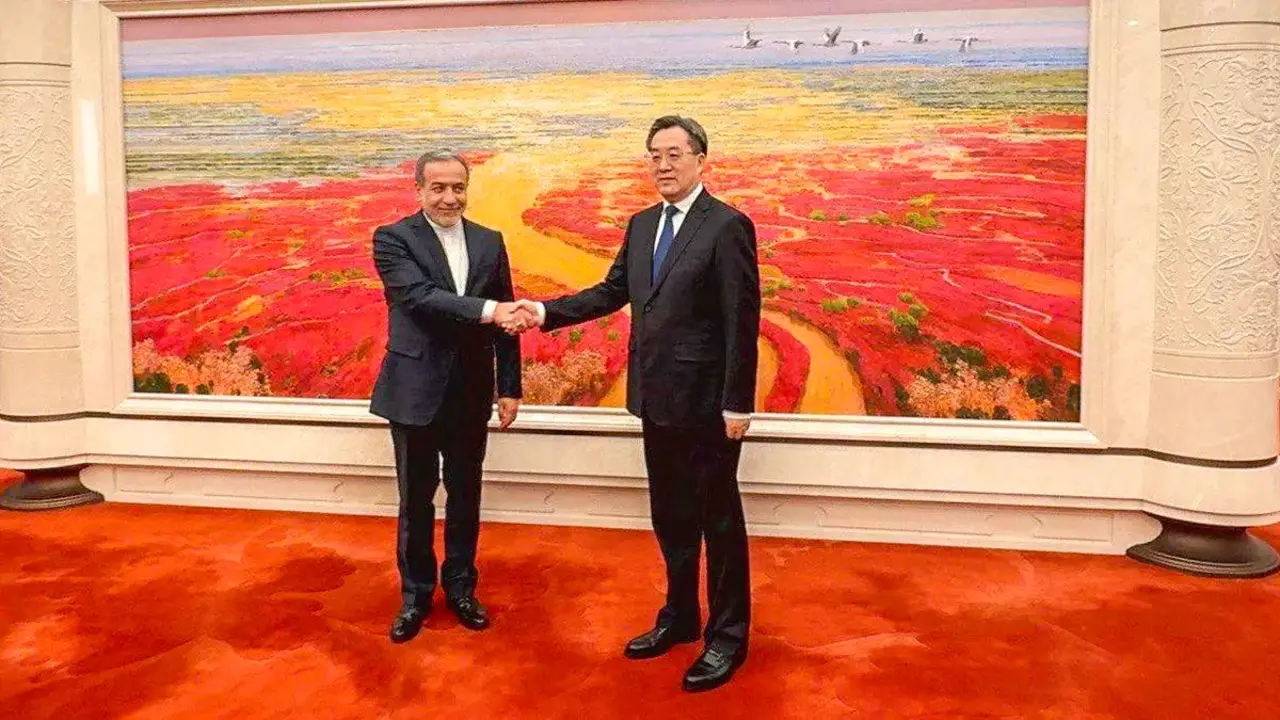Uzi Rabi defends the Abraham Accords for shaping a common future in the Middle East

The defence of the Abraham Accords or the normalisation agreements recently signed between Israel and countries such as the United Arab Emirates, Bahrain and Morocco was the central theme of the lecture given by Uzi Rabi, director of the Moshe Dayan Centre for African and Middle Eastern Studies and senior researcher at the Centre for Iranian Studies (Tel Aviv University), held at Nebrija University. "Some Arab states have decided to change their path towards the future, leaving behind those 20th century notions and myths that Israel is to be blamed for everything," he said.
The establishment of relations between Israel and these countries, according to the statesman, generates "a win-win situation" that translates into an economic key and in the fight against climate change: "Israel has many initiatives with these states that point to hope in the Middle East; there is a promise that has to be kept with future generations".
Recognising the complexity of this region of the world and the idiosyncrasies of each country that makes it up, Uzi Rabi analysed this new modus operandi "that can lead us to a different reality" in a "key" stage in which "we have to decide whether to increase the range of danger or increase the range of security and trust". In his thesis, the Tel Aviv University professor said that in order to change the situation "everything starts with education". In the Middle East "we are all very creative in our narratives, but it is time to think in a different way and see how we are going to educate young people because the idea behind the narrative responds to the slogan of respecting the otherness of the other".

Faced with "challenges, but also opportunities that mother nature gives us in the 21st century", Rabi insisted, during the conference organised by the Faculty of Law and International Relations of Nebrija University and the Friends of Tel Aviv University Association in Spain, on "interacting under the flag under which we all win". In this sense, the author of 'The return of the past: state, identity, and society in the Post-Arab Spring Middle East' was highly critical of Iran's position, which 'has become the enemy of many Arab states'. When I talk about Iran", he continued, "I make a distinction between the regime and the people, among whom there are very brave women willing to sacrifice their own lives so that their children may have a different destiny".
The director of the Moshe Dayan Center for African and Middle Eastern Studies also referred to the global context in which the United States considers the Middle East to be "of secondary importance" and where, in his opinion, America first prevails, according to which not only Trump, but also Obama and Biden have preferred to put their country at the centre. Meanwhile, Uzi Rabi pointed out that Putin has "partially" sent his troops to the Mediterranean coast of Syria.
The Israeli professor also cited China 'as a player that acts neither militarily nor diplomatically; its main skill lies in economic possibility', and asked: 'Can this be turned into a geopolitical skill?'
We are, given these local and global parameters, facing "a global equation that is changing dramatically, and every actor is changing with these circumstances". The so-called Arab Spring, the interests of Iran - "the Persian cat that looks at Iraq, Syria and Lebanon" - and jihadist terrorism are other conditioning factors in a "complex" puzzle, which, as Gregorio Martínez, Director of the Nebrija Foundation and Director of Institutional Relations at the Nebrija University, pointed out, requires analysis and debate. At the event held at the Madrid-Princesa Campus, Alfonso López de la Osa, dean of the Faculty of Law and International Relations, and Patricia Nahmad, president of the Association of Friends of Tel Aviv University in Spain, which in May signed an agreement for the implementation of various collaboration programmes with Nebrija University, also expressed their gratitude for the presence of Uzi Rabi.








